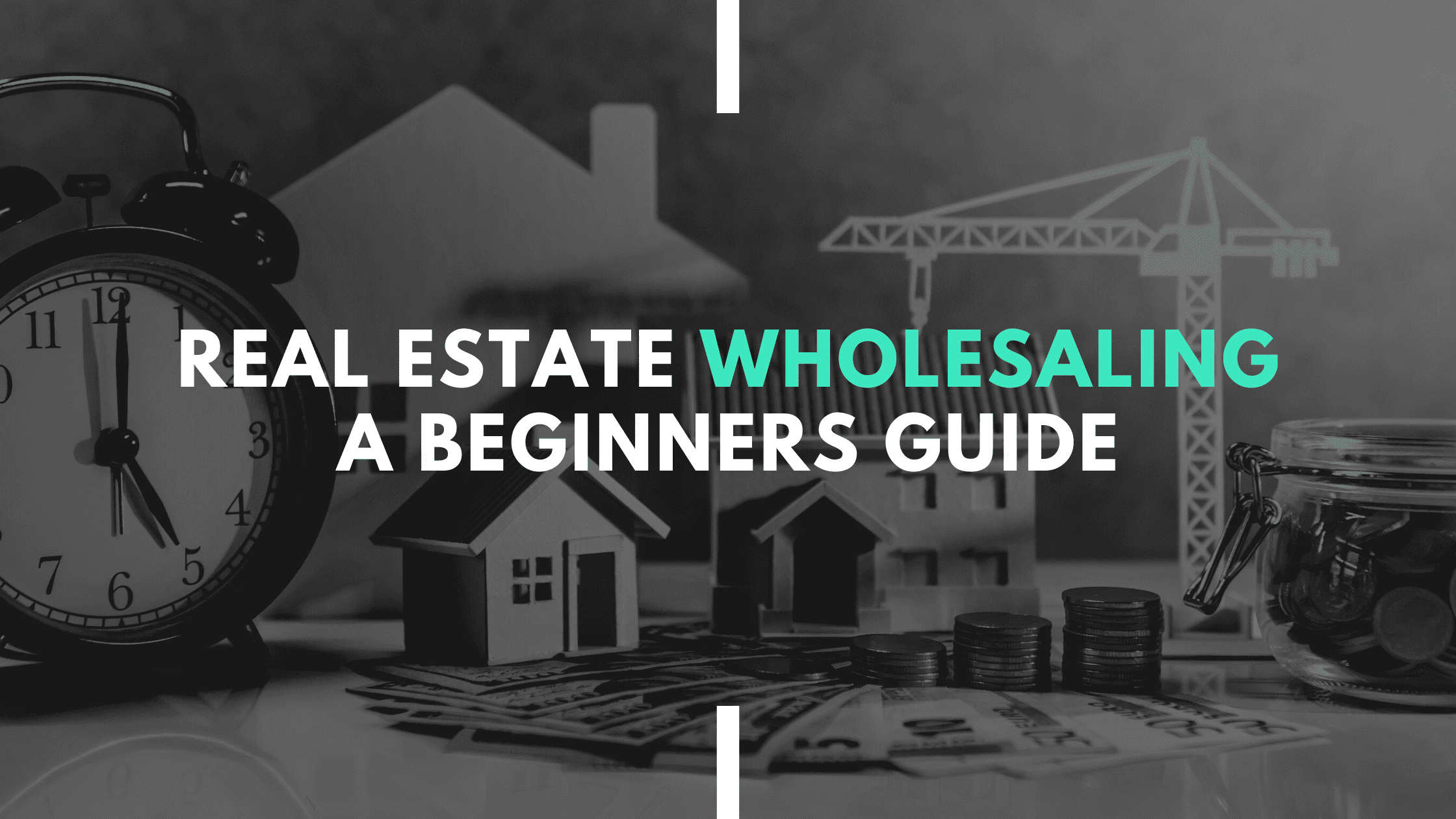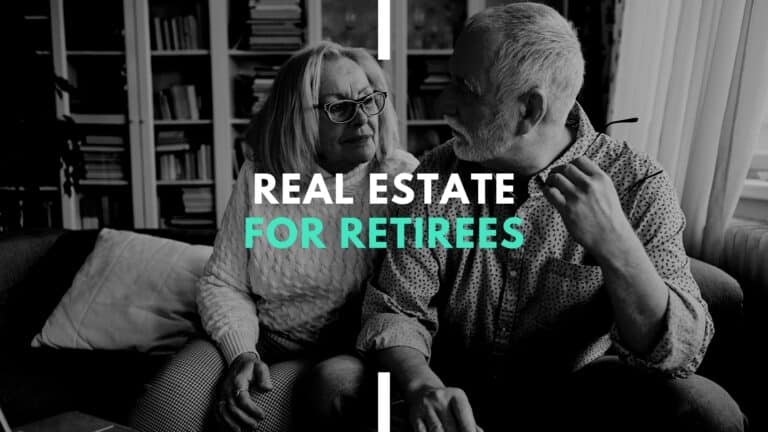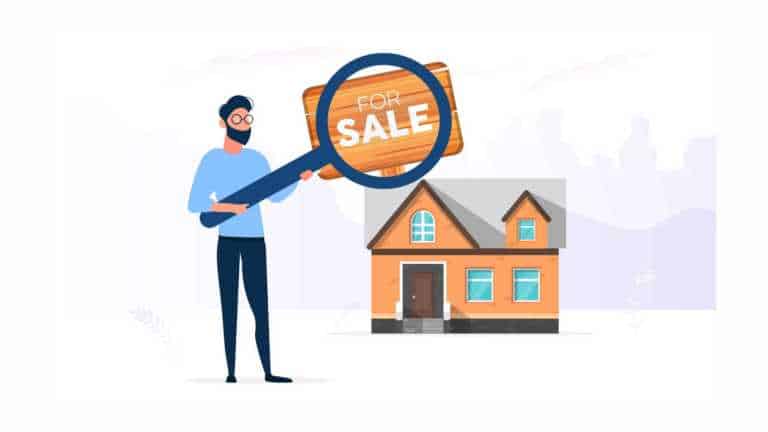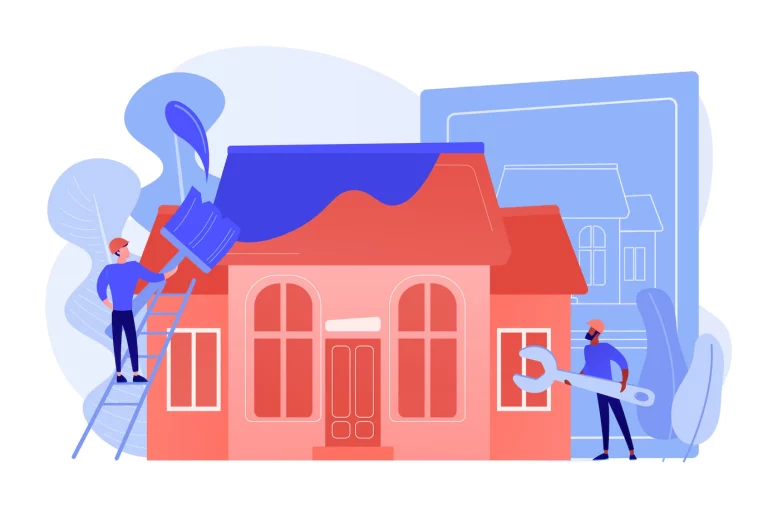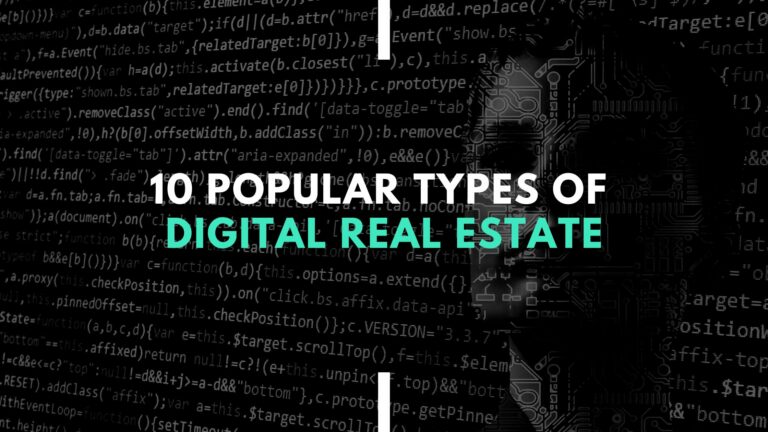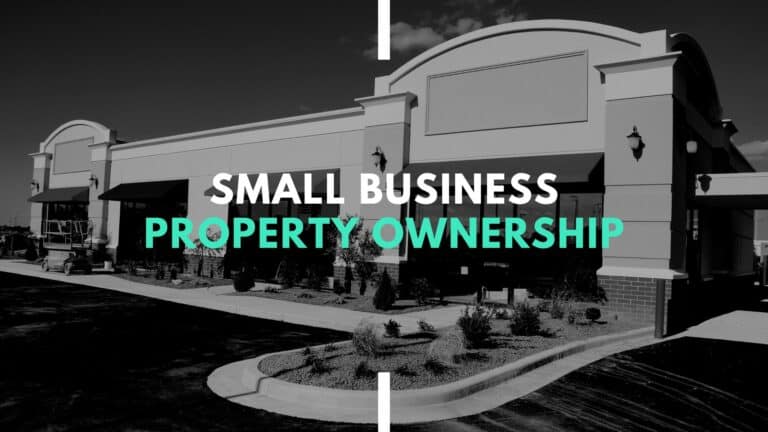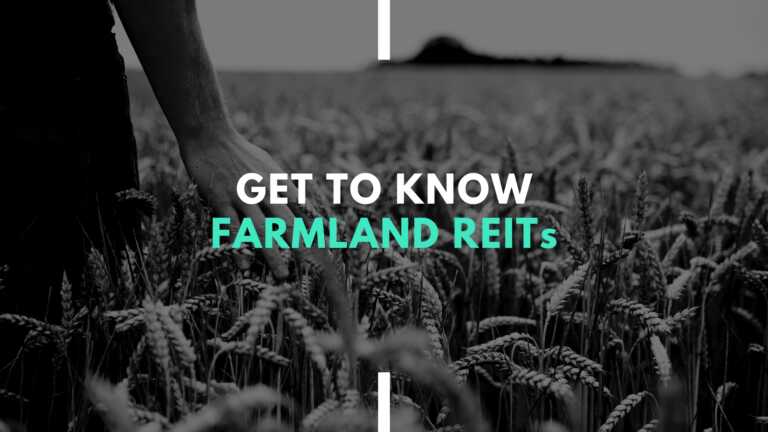Real Estate Wholesaling: What is It and How Can I Get Started?
- What is Real Estate Wholesaling?
- Is Real Estatate Wholesaling Legal?
- The Pros and Cons of Wholesaling
- The Cons
- Three Different Ways to Wholesale Real Estate
- 1. Assignment (Most Common)
- 2. Double Closing
- 3. Subject To
- What Skills Are Needed ?
- How to Get Started in Real Estate Wholesaling
- How is Wholesaling Different Than Flipping?
- Wholesaling Real Estate for Beginners
- What are some Common Questions About Wholesaling?
- What is real estate wholesaling?
- Do I need a real estate license to wholesale real estate?
- How do I find potential deals for wholesaling?
- How do I analyze potential deals to determine if they are profitable?
- How do I get the property under contract?
- How do I find a buyer for the contract?
- How much money can I make in real estate wholesaling?
- Is real estate wholesaling legal?
- What are the risks involved in real estate wholesaling?
- What are the benefits of real estate wholesaling?
What is Real Estate Wholesaling?
Real estate wholesaling is when a real estate investor acquires property to sell for profit. In other words, the investor gets property in contract at a discount and assigns the contract quickly for more than they paid. The wholesalers usually never actually buy the property; they tie it up in an agreement to sell the rights to for a higher price. This can be done by finding motivated sellers, foreclosure auctions, or lots of marketing (have you seen all the “we buy houses signs?”). If you’re interested in investing in real estate but don’t want to deal with tenants or repairs, then real estate wholesaling may be right for you!
Is Real Estatate Wholesaling Legal?
Caution: Do Your Research
Disclosure: Before starting real estate wholesaling, it’s important to understand the local laws about this type of transaction. In some states, wholesalers must have a real estate license to buy and resell properties; others do not; regardless, many states have very stringent wholesaling laws that you need to know before starting. For instance, if you are licensed, you must be very aware of dual agency laws in real estate, which could compromise your license or open up legal liability.
Many articles on the internet make it appear that there are no rules against wholesaling, but that doesn’t mean you can do it without being familiar with your state’s general real estate laws. There are often disclosures and legal considerations that must be agreed upon by all parties that apply to all real estate transactions.
The Pros and Cons of Wholesaling
As with any type of investing, there are important things to consider before starting. The easiest thing to do is come up with a ‘pros and cons’ list. Here are some things to consider while you are making your list:
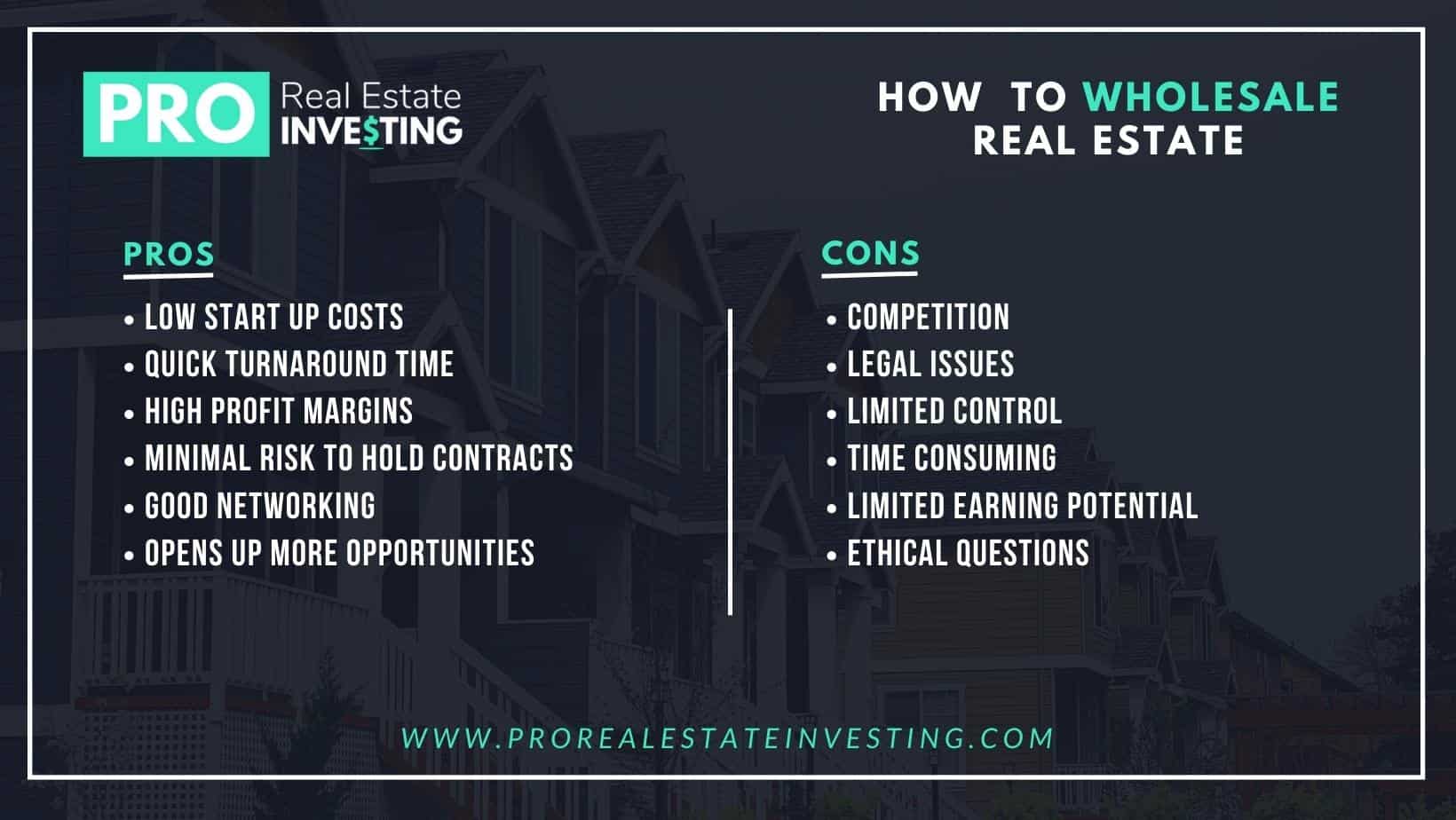
The Pros
- Low start-up costs: Wholesaling real estate requires very little capital, making it an attractive option for those just starting out.
- Quick turnaround time: Wholesaling real estate can be a quick way to make a profit. Once you have a property under contract, you can usually find a buyer and close the deal within a few weeks.
- High-profit margins: The profit margins in real estate wholesaling can be high, especially if you can find a significantly underpriced property.
- Minimal risk: Since you are not purchasing the property, the risk of wholesaling real estate is minimal.
- A good way to build a network: Wholesaling real estate can be a great way to build relationships with other real estate professionals, agents, investors, and wholesalers.
The Cons
- Competition: Real estate wholesaling is a competitive industry, with many people trying to find the best deals.
- Legal issues: Several legal problems can arise in real estate wholesaling, such as violating real estate laws or failing to disclose information to buyers.
- Limited control: Since you are not purchasing the property, you have limited control over the sale and may need to rely on the buyer to close the deal.
- Time-consuming: Finding potential deals, analyzing them, and finding a buyer for the contract can be time-consuming.
- Limited earning potential: While the profit margins can be high in real estate wholesaling, the actual amount you can earn per deal may be limited.
Three Different Ways to Wholesale Real Estate
1. Assignment (Most Common)
How to Assign a Contract
If you have been researching real estate wholesaling, you have probably come across this phrase quite a few times; “Assigning the contract.” So what does that mean? When you assign a contract, you are selling your rights to purchase the property to another person or entity. You can do this with your properties or with contracts that you have purchased from other sources. Assigning a contract is generally done when wholesalers find a buyer for their property but don’t want to go through the hassle of closing on it themselves.
The process of assigning a contract is pretty simple:
First, find someone who wants to buy your property and is willing to pay a higher price than the price you agreed upon in your original contract.
Once you have found a buyer, let them know that you will assign the contract to them and have them sign an “Assignment of Contract” form. This form will transfer your rights as the original buyer to the new buyer at a premium.
Finally, you will need to change the name on the purchase agreement and other documents to reflect the new buyer’s information. This is done through the help of a title company and possibly an attorney depending on the state you are transacting in.
Be Careful with Assignment
While assignment can be a great way to start with real estate wholesaling and investing in real estate in general, it is important to understand the process and local laws before getting started. For instance, many states require you to purchase the property if you cannot assign the contract; if you can’t, you are open to large fines and penalties. Once you understand how it works, you can start finding deals and making money!
2. Double Closing
If the buyer of the contract does not agree to the assignment or other local regulations require it, the wholesaler may need to do a ‘Double Close’ on the property. A Double Close is simply buying and selling a property quickly with two separate transactions. The first transaction is between the wholesaler and the motivated seller at a lower price. The second transaction is between the wholesaler and the end buyer at a higher price. Because there are two closings, this method may cost more than the assignment, but it may allow you to avoid some potential legal issues.
When performing a double close, it is always advisable to seek the advice of a real estate attorney and a title company with experience with these transactions. Many local communities can provide references to these types of resources.
3. Subject To
Another way to wholesale real estate without the hassle of getting your financing is to do what’s called a “Subject To” deal. When you do a Subject To deal, you purchase the property “subject to” the existing mortgage already in place on the property. This means that you take over the payments on the mortgage, but the seller still owns the property. When done correctly, this can be a very good way to wholesale as you don’t have to come up with any of your financings, and there is much less risk involved.
The key to doing Subject To deals successfully is finding sellers who are motivated to sell but are not distressed. These sellers are usually behind on their payments or might face foreclosure, but they still have some equity in their property. Once you find one of these sellers, you must assemble a package that includes a contract to purchase the property, a promissory note for the current mortgage payments, and a deed of trust. You will then need to find a buyer for the property willing to take over the payments on the mortgage.
Once you have found a buyer, you must close on the property “subject to” the existing mortgage. The key to making this work is finding a buyer willing to take over the payments on the mortgage and pay you a premium for doing so. Subject To deals can be very profitable, but they are also riskier than the other forms of wholesaling discussed. It is important that you do your homework and understand all of the risks involved before getting started.
What Skills Are Needed ?
Wholesaling requires a unique set of skills to excel in this field. Here is a breakdown of the different skills you will need to improve upon or master in order to succeed:
Skill Neded | Description of Skills Needed |
|---|---|
Negotiation | Negotiation skills are essential in real estate wholesaling. You need to be able to negotiate with sellers to get the best possible price for the property and then again with the buyer. |
Networking | Networking skills are crucial in real estate wholesaling. You must build relationships with other real estate professionals to find potential deals and buyers for your contracts. |
Marketing | Marketing skills are important in real estate wholesaling. You need to be able to market the properties you are wholesaling to potential buyers. |
Communication | Communication skills are essential in real estate wholesaling. You need to communicate effectively with sellers, buyers, and other real estate professionals. |
Time Management | Time management skills are essential in real estate wholesaling. You need to be able to manage your time effectively to find potential deals, analyze them, and find buyers for your contracts. |
Research | Research skills are crucial in real estate wholesaling. You need to be able to research potential deals, market trends, and legal requirements in your local area. |
Sales | Sales skills, just like negotiating, are important in real estate wholesaling if you want to make money. You need to be able to sell your contracts to potential buyers and negotiate the best possible price. |
Persistence | Persistence is vital in real estate wholesaling. You need to be able to persist through the ups and downs of the industry to succeed. |
How to Get Started in Real Estate Wholesaling
Real estate wholesaling is a popular way to start in the real estate industry. It involves finding significantly underpriced properties, getting them under contract, and then selling the contract to a buyer for a profit. If you want to get started in real estate wholesaling, this article will guide you through the process step by step.
1. Educate Yourself
The first step in getting started in real estate wholesaling is to educate yourself about the industry. You need to understand the terminology, the legal requirements, and the best practices in the industry. There are several ways to educate yourself about real estate wholesaling:
- Read books: There are many books available on real estate wholesaling. Some of the best ones include “The Ultimate Beginner’s Guide to Real Estate Wholesaling” by Brent Driscoll and “Wholesaling Real Estate: A Beginner’s Guide” by Andrew Cordle.
- Attend seminars: There are many seminars and workshops on real estate wholesaling. Attending these events can be a great way to learn from experienced wholesalers.
- Join real estate investing groups: Joining a real estate investing group can give you access to experienced wholesalers who can mentor you.
2. Build Your Network
Networking is a crucial part of real estate wholesaling. You need to build relationships with other real estate professionals, such as real estate agents, real estate investors, and wholesalers. These relationships can help you find potential deals and buyers for your contracts.
You can build your network in several ways:
- Join real estate investing groups: Joining a real estate investing group can help you meet other real estate professionals.
- Attend local real estate events: Attend local real estate events such as seminars, workshops, and meetups.
- Join online communities: Join online communities such as real estate forums and Facebook groups.
3. Find Potential Deals
The next step in real estate wholesaling is to find potential deals. You need to look for significantly underpriced properties, distressed, or in need of repair. You must build consistent lead generation systems to continue providing your wholesale endeavors with quality leads. Here are some ways to find potential deals:
- Look for distressed properties: Distressed properties are in a state of disrepair or danger of foreclosure.
- Work with real estate agents: Real estate agents can help you find properties that are listed for sale.
- Search online: Websites such as Zillow and Craigslist can be excellent sources of potential deals.
- Build a brand: use something like Carrot to build a website that will help you market to potential sellers or real estate investors.
Overall, Carrot is an excellent choice for real estate professionals looking to take their online marketing efforts to the next level. With its user-friendly interface, powerful features, and comprehensive suite of tools, Carrot is an excellent option for anyone looking to establish a solid online presence and generate high-quality leads. In addition to its website builder, Carrot offers various other digital marketing tools, including landing pages, email marketing automation, and social media management.
These features are designed to work together seamlessly, allowing you to create comprehensive marketing campaigns that target specific audiences and drive results.
4. Analyze Potential Deals
Once you have found potential deals, the next step is to analyze them. You need to determine if the property is a good deal and if it has the potential to be profitable. Here are some things to consider when analyzing potential deals:
- Purchase price: The purchase price is the price you will pay for the property. You need to determine if the purchase price is significantly underpriced.
- After Repair Value (ARV): The ARV is the property’s value after it has been repaired, you need to determine if the ARV is significantly higher than the purchase price.
- Repair costs: You need to determine the repair costs for the property. This will help you determine if the property is a good deal.
5. Get the Property Under Contract
Once you have analyzed a potential deal and determined it is good, the next step is to get the property under contract. This involves negotiating with the seller to agree on a purchase price and signing a contract.
6. Find a Buyer for the Contract
The final step in real estate wholesaling is to find a buyer for the contract. This involves finding a real estate investor willing to buy your warranty for a profit. Here are some ways to find a buyer for the warranty:
- Attend local real estate events: Attend local real estate events and network with other real estate professionals.
- Post the contract online: You can post the contract on websites such as Craigslist and Facebook Marketplace.
- Reach out to your network: Reach out to your network of real estate professionals and see if they know of any potential buyers.
How is Wholesaling Different Than Flipping?
There are many different terms for real estate wholesaling and real estate flipping, which can confuse a novice investor. The truth is much simpler than it may seem. Wholesaling is finding a deeply discounted property and assigning the contract to another investor who will purchase it and complete any needed repairs. On the other hand, flipping is the process of purchasing a property, making any necessary repairs or renovations, and then selling it for a profit.
What Makes Flipping a Better Strategy than Wholesaling?
This is a complex answer and very subjective. However, it probably depends on your risk tolerance and skill set. Flipping a home requires higher overall real estate market knowledge with larger financial resources. It will also be a much longer wait for your investment to pay off. However, the rewards of flipping a home can be extremely high when done correctly.
Flipping homes require fewer marketing costs, and you aren’t as dependent upon finding desperate home sellers or finding property under market value. To flip a home, you have to find a distressed property that needs to be repositioned for the market. If your renovation and purchase costs are less than the current market value, then the odds are that you will make money on your investment. However, flipping homes is not for the uninitiated.
Requirements for Flipping Real Estate:
- Deep Market Knowledge (what improvements matter)?
- Financial Resources (purchase, construction, carry costs, Etc)
- Knowledge of Construction
- Design Trends Knowledge
- Access to Trusted Contractors
- Organizational Skills
- Patience
What Makes Wholesaling Better than Flipping?
If you don’t mind spending a lot of time cold calling and marketing, real estate wholesaling can offer big rewards with minimal risk and investment. There also isn’t as large of a capital requirement up front and not as big of a need to understand real estate markets on a deep level. With wholesaling, it comes down to finding a home you can get into a contract for less than market value and then finding a buyer willing to pay a premium. While this sounds simple, a few factors and skills are needed to succeed.
Bottom Line on Wholesaling vs. Flipping
The bottom line is that there is no right or wrong answer when choosing between wholesaling and flipping. The best strategy is the one that works best for you, given your circumstances. If you are starting real estate investing, wholesaling may be the better option to get your feet wet. Flipping may be better if you have more experience and capital available. Ultimately, deciding which strategy is best for you is up to you.
Wholesaling Real Estate for Beginners
Treating it like a business is the best way to succeed at wholesale real estate investing. This means clearly understanding your market, marketing plan, and target demographic. It also means building relationships with other investors, real estate agents, and title companies. And finally, it means always being willing to walk away from a deal that isn’t right for you.
Remember, wholesaling is about finding and selling deeply discounted properties for a profit. If you can do this consistently, you will be well on your way to success as a wholesale real estate investor. The trick is to simultaneously walk a fine line between being aggressive and conservative. But wait, how can you do both at the same time? Let’s explore this further.
Aggressive Real Estate Wholesale Marketing
When marketing your business, you must be aggressive and have your “brand” easily visible. Remember, you are looking for undervalued real estate, so you must always be available when someone decides to sell their home at a discount. This requires consistency and urgency in your marketing endeavors. Create flyers, websites, social media videos, and more. The more your product is visible to potential sellers, the more opportunities you will have to purchase properties that can have an excellent return on investment.
Conservative Wholesale Purchasing
It will be very enticing to enter a contract on the first few times a person calls you with a property for sale. After all, this means your marketing finally worked, and there is a real live client on the other side that wants to sell you your property. Congratulations, now you are off to your wholesaling dreams! Or wait, not so fast. Be sure to stick to your original business plan and only put the home into a contract for a price you are sure you can turn a profit on. Remember, this is a business, and you need to turn a profit! Don’t let the thrill of a deal cloud your judgment. More time, effort, and marketing dollars will be put into marketing the property to real estate agents and prospective buyers; ensure you are compensated appropriately for this.
What are some Common Questions About Wholesaling?
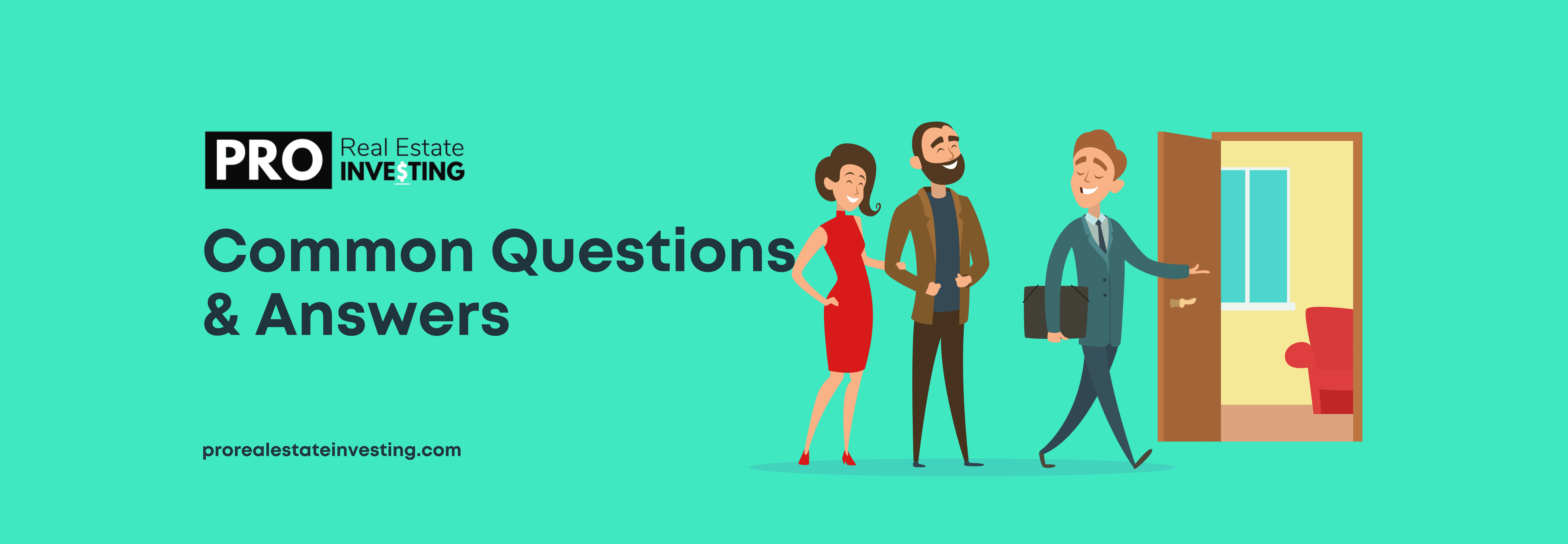
What is real estate wholesaling?
Real estate wholesaling is finding significantly underpriced properties, getting them under contract, and then selling the contract to a buyer for a profit.
Do I need a real estate license to wholesale real estate?
No, you do not need a real estate license to wholesale real estate. However, it is important to familiarize yourself with your local area’s legal requirements and regulations.
How do I find potential deals for wholesaling?
You can find potential deals for wholesaling by looking for distressed properties, working with real estate agents, and searching online on websites such as Zillow and Craigslist. Some investors utilize tools like Deal Machine.
How do I analyze potential deals to determine if they are profitable?
You can analyze potential deals by looking focusing on comparables and doing thorough market research and analysis.
How do I get the property under contract?
You can get the property under contract by negotiating with the seller to agree on a purchase price and signing a contract.
How do I find a buyer for the contract?
You can find a buyer for the contract by attending local real estate events, posting the contract online, and reaching out to your network of real estate professionals.
How much money can I make in real estate wholesaling?
The amount of money you can make in real estate wholesaling depends on the size of the deals you are doing and the profit margins. Some wholesalers make a few thousand dollars per deal, while others make tens of thousands of dollars.
Is real estate wholesaling legal?
Yes, real estate wholesaling is legal as long as it is done in compliance with local laws and regulations.
What are the risks involved in real estate wholesaling?
The risks involved in real estate wholesaling include not being able to find a buyer for the contract, not being able to close on the deal, and potential legal issues if the contract is not handled correctly.
What are the benefits of real estate wholesaling?
The benefits of real estate wholesaling include low start-up costs, the ability to make a profit quickly, and the potential for high profit margins.

